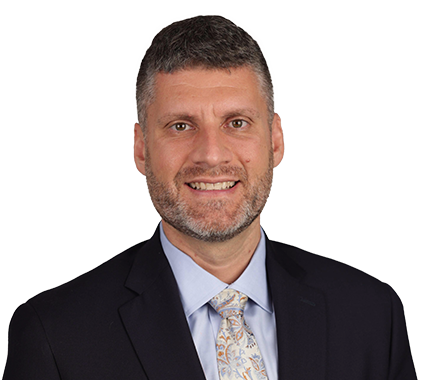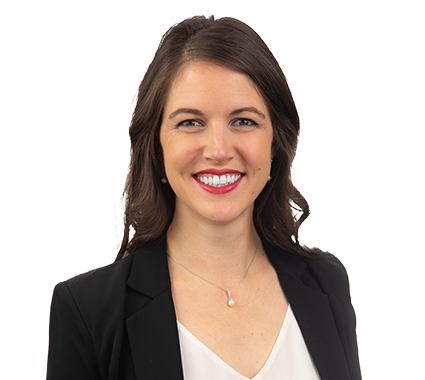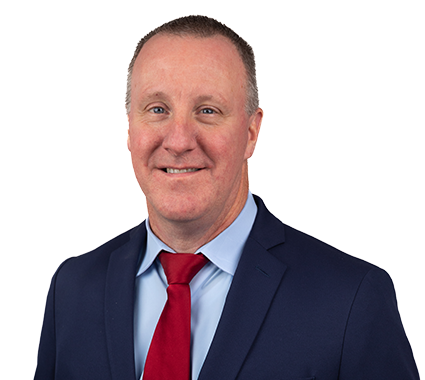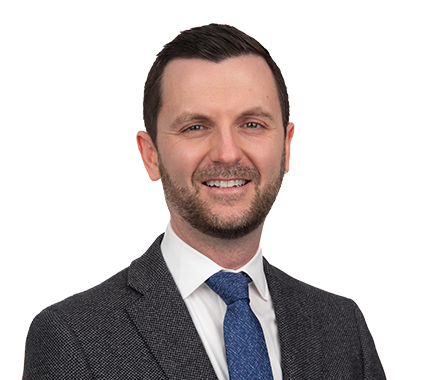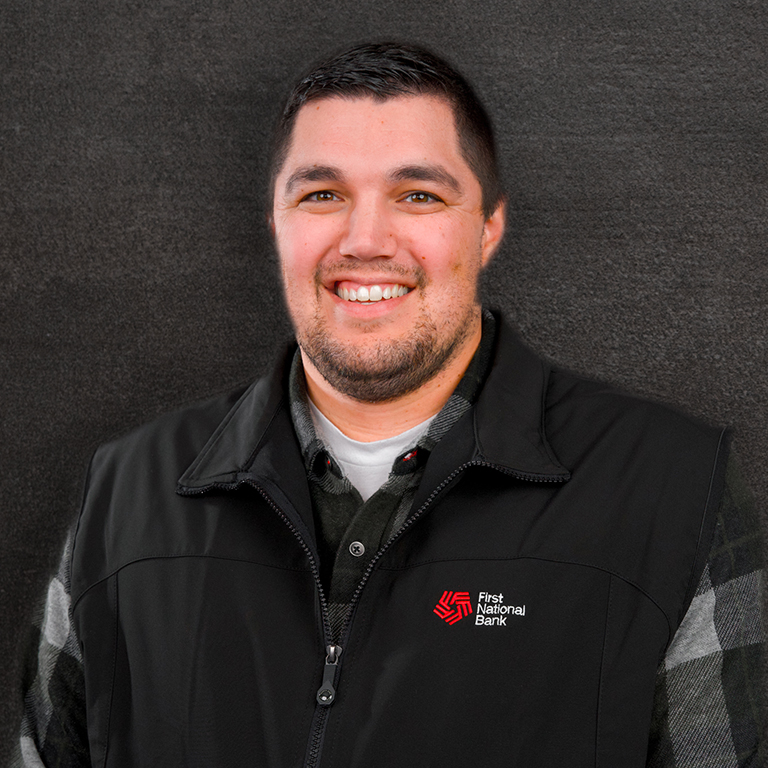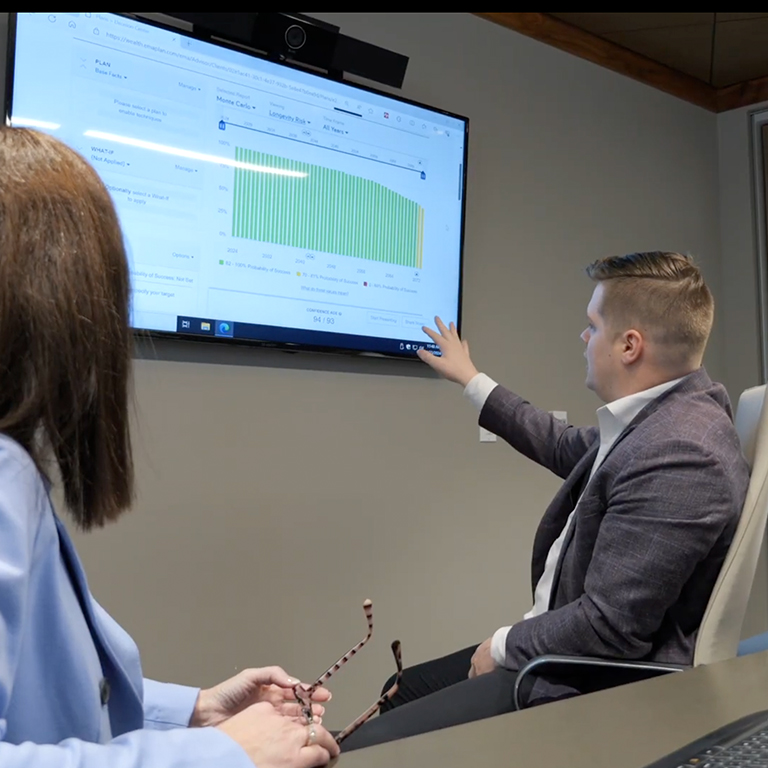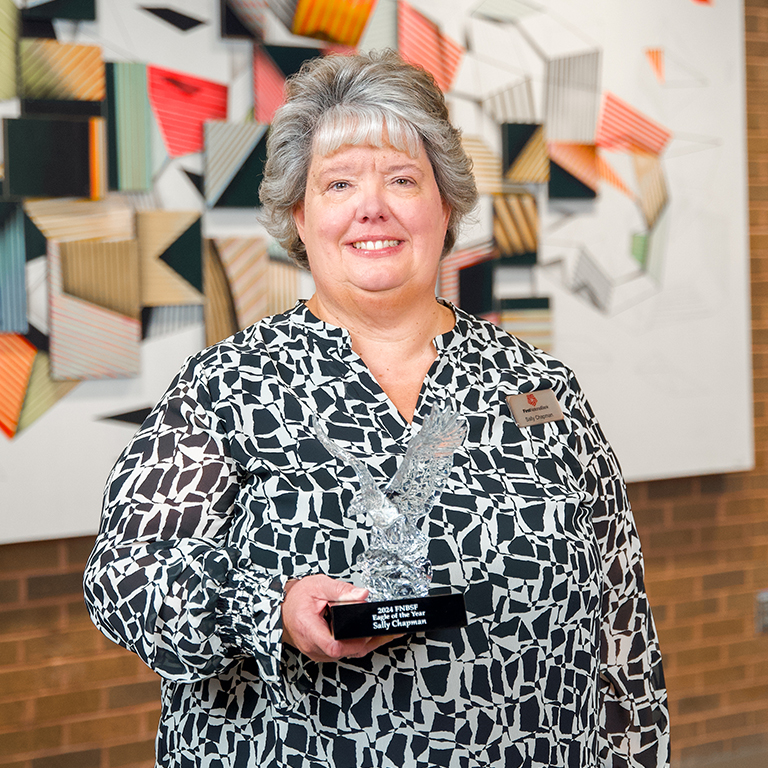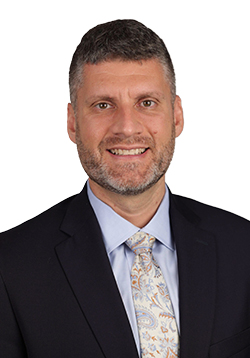
Financial freedom is not just a state of independence — it’s also a mindset. And Heather and Amos Kittelson had the right mindset when they committed to paying off more than $50,000 of debt.
On this “How We Money” episode of Common Cents on the Prairie™, we sat down with Heather, foundation director at Volunteers of America – Dakotas, and Amos, owner and president of Sidewalk Technologies, to hear the inspiring story of how they paid off their debt and found financial freedom.
You can read a recap of our conversation below, watch the entire episode, or find Common Cents on the Prairie™ wherever you stream your podcasts.
Adam: What is your earliest money memory?
Amos: My first money memory is working for the Shopping News. I was thirteen years old, and I had five blocks and made a whole $12 a week.
Heather: I remember living in Missouri and something went wrong financially with our farm. I was 10, and I specifically remember when they were auctioning off all the dairy cows and my dad had tears streaming down his face. It had something to do with finances and the CPA we had and some fraud. But I’ll never forget having to uproot and move our entire family to Minnesota.
Adam: Thank you for sharing that. When we have these early money memories, we carry those with us into our adult lives. And it really frames how we view money going forward. Heather, you had a really tough experience, but how would you describe your overall relationship with money growing up?
Heather: We never went without food or clothes, but I do remember that there was always a bit of anxiety in my family when it came to finances. I always felt like we didn’t have enough, and I know we were living paycheck to paycheck. But my mom and dad were both hard workers; they were always making ends meet. And I worked from 12 years old and on. I got my work ethic from picking rock, bailing hay, and corn detasseling. I remember always being a part of the family and helping provide financially, so we were kind of a team.
Adam: Amos, how about you?
Amos: I remember my parents shopping at the half price store. We’d get the bagged cereal — never the boxed cereal. I remember asking my mom for something one time, and she said that we didn’t have the money. That was my first experience with a shortage. But I didn’t know at the time that they were paying for private school for three of us, and that’s not cheap. They had set priorities, so we got bagged cereal, clothes from the half price store, and a really good education.
Adam: So you started dating and things were getting pretty serious, but you hadn’t really talked too much about money. And then you had a couple of experiences that bubbled it to the top. Heather, tell me about that.
Heather: College was the only option for me, but I didn’t really understand the debt that came with it. I had financial aid and loans, but I also signed up for every free t-shirt there was, and each one came with a credit card! So I worked full time all the way through college and still managed to live paycheck to paycheck. I had a car loan and credit card payments, and I never knew that there was a different way. When I ended up here in Sioux Falls, I had gone through a divorce and had some debt from that. And then I was a single mom and the company I was working for went under. I was in a rediscovery phase, and in that journey of three months, that’s when I met Amos. I didn’t want to like him because I wasn’t ready, but I started to fall for him.

Adam: What was the point where you had the money talk, and what did that look like?
Heather: I knew we both liked each other, and it was going somewhere, so I needed to put my baggage out there. I said, “I have debt, and it’s over $50,000.” And what did you say to me, Amos?
Amos: “That doesn’t scare me.” Because it’s all about attitude. I was in the attitude of staying out of debt, or at least getting debt free again. Everyone makes mistakes. I haven’t always been debt free. But I saw the right attitude in Heather. And there were some things that we worked on together, like selling some things, but that built up the trust.
Adam: What did you sell?
Heather: The hardest thing for me to sell was my beautiful 2012 Yamaha Warrior 1700cc. Cherry red. Chrome pipes. My brother Paul and I got our motorcycle licenses together, and it was my happy place. But Amos and I were doing things to get ahead, and that was a tough conversation. Plus, we got rid of the washer, the dryer, and some furniture just to pay off some stuff.
Amos: She really made sacrifices. That showed the right attitude, so I wasn’t scared.
 Heather: He didn’t ask me to do it, either. I wanted to have a different life. When you say financial freedom, I didn’t understand what that really meant. But now that we have that, I wouldn’t ever want to go back. It’s just all about mindset.
Heather: He didn’t ask me to do it, either. I wanted to have a different life. When you say financial freedom, I didn’t understand what that really meant. But now that we have that, I wouldn’t ever want to go back. It’s just all about mindset.
Adam: Tell me where you’re at today on your financial journey and what goals you’re working on now.
Amos: We went through about four years of paying off debt. It felt like a lot longer, but what really kicked us into high gear was the budget. Everyone is familiar with the envelope system, but frankly, the cash envelope system is inconvenient, and having everything in one account is dangerous. So we did the envelope system with different bank accounts. We have seven bank accounts — all combined — that we allocate money into. One is for monthly variables like gas and food, while another is for recurring fixed expenses like the mortgage and utilities. We use that plan for long-term savings, but we’ve also had some fun with it, because you can’t be a geek about this all the time. So we bought some furniture and took a trip to get that out of our system.
Adam: What advice would you have for a couple that hasn’t taken that first step and addressed their money issues yet?
Heather: Take that first step. Focus on communication. Have those tough conversations and be open and honest about it, even when it’s icky. And meet with a financial planner. But the open communication is important, no matter how bad it hurts, because you only grow from those tough conversations.
Amos: I have three pieces of advice:
- If you’re married, I recommend combining bank accounts. When we got married, her debt became my debt. It was now our debt. And if you’ve got excuses not to do that, those need to be explored.
- Budget.
- Implement the profit-first method. It’s been huge in my business, and then we took that and implemented it on the personal side.

Adam: Time for the lightning round. How do you split up financial responsibilities?
Amos: I have spreadsheets and do the bills because I’m the responsible one. But anything over $100, we talk about.
Adam: How do you track spending?
Heather: When it’s gone, it’s gone.
Amos: With our bank account system, you just check the balance. Once it’s gone, you stop. Or you go back to the budget and figure out what went wrong.
Adam: How do you talk about your goals and how you’re going to get there?
Amos: We have day dates. A couple hours every two weeks, we have mandatory fun time. We try not to make it all business, but we talk about a budget, our dreams and goals, and what it’s going to take to get there.
Adam: Financially speaking, what’s the most important thing in your lives right now?
Heather: We eventually want the freedom to travel. Our end goal is to be sitting on two chairs, holding hands, listening to the waves roll in.
Amos: It goes without saying that braces and college funds are the priority, but our vision and our goal is to be able to travel more.
We hope you were inspired by Heather and Amos’ money story. If you’re ready to achieve financial freedom, we’d love to help. Send us a note.
Any comments, insights, or strategies discussed in this article are intended to be general in nature and, therefore, may not be suitable for you and your situation, whatever that may be. Before acting on anything written here, please consult with your attorney, CPA, and/or your financial advisor.
